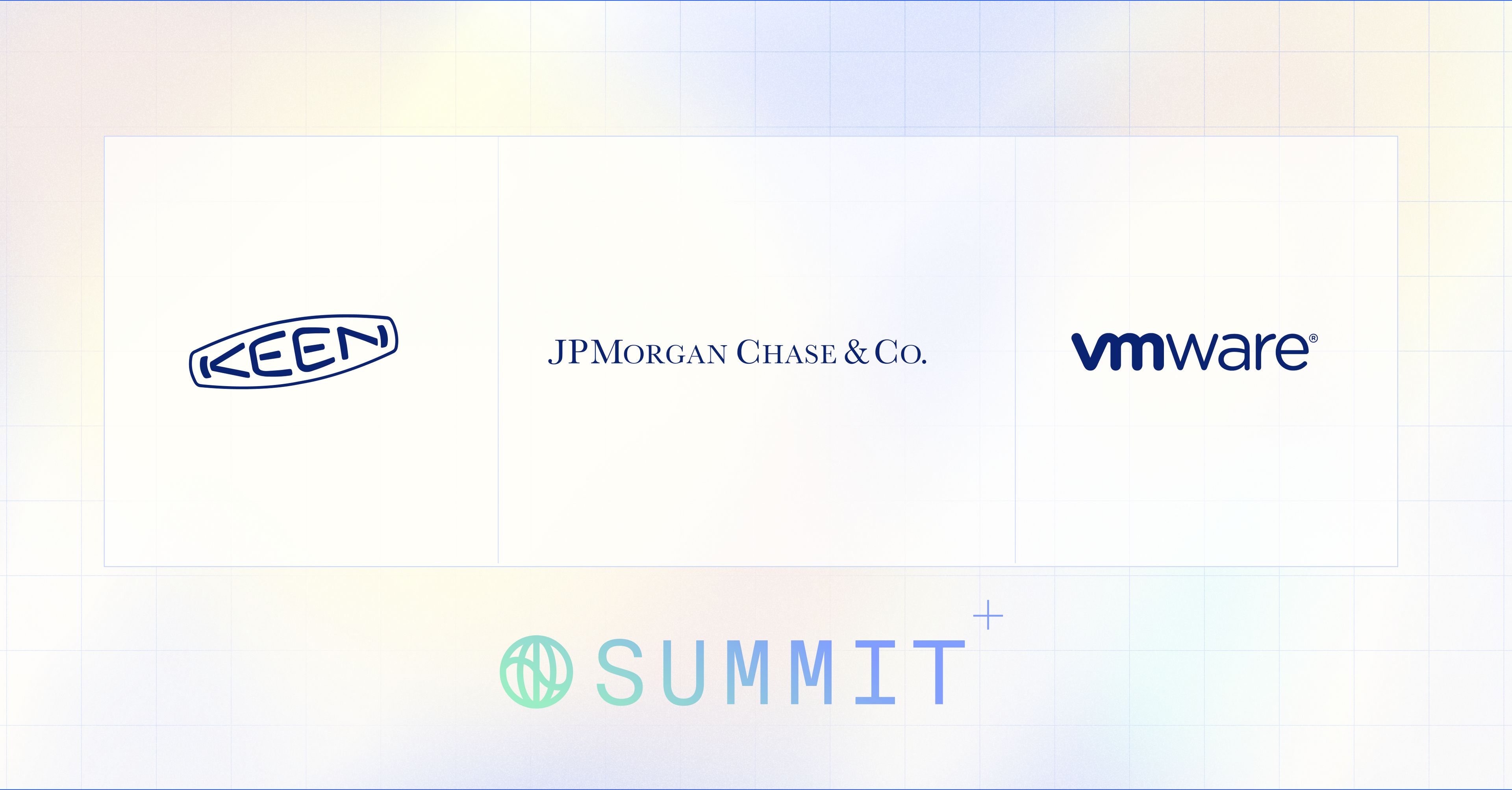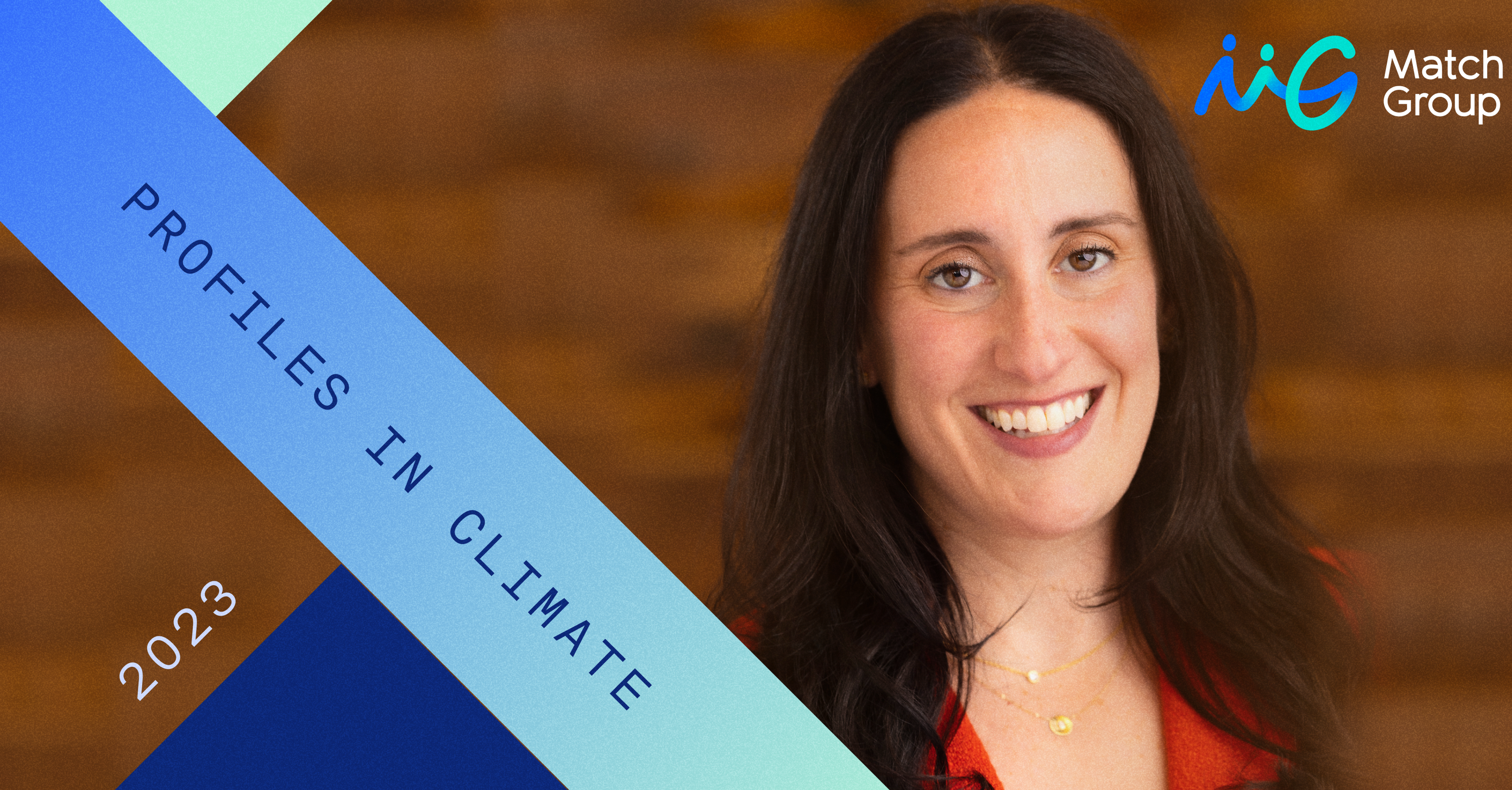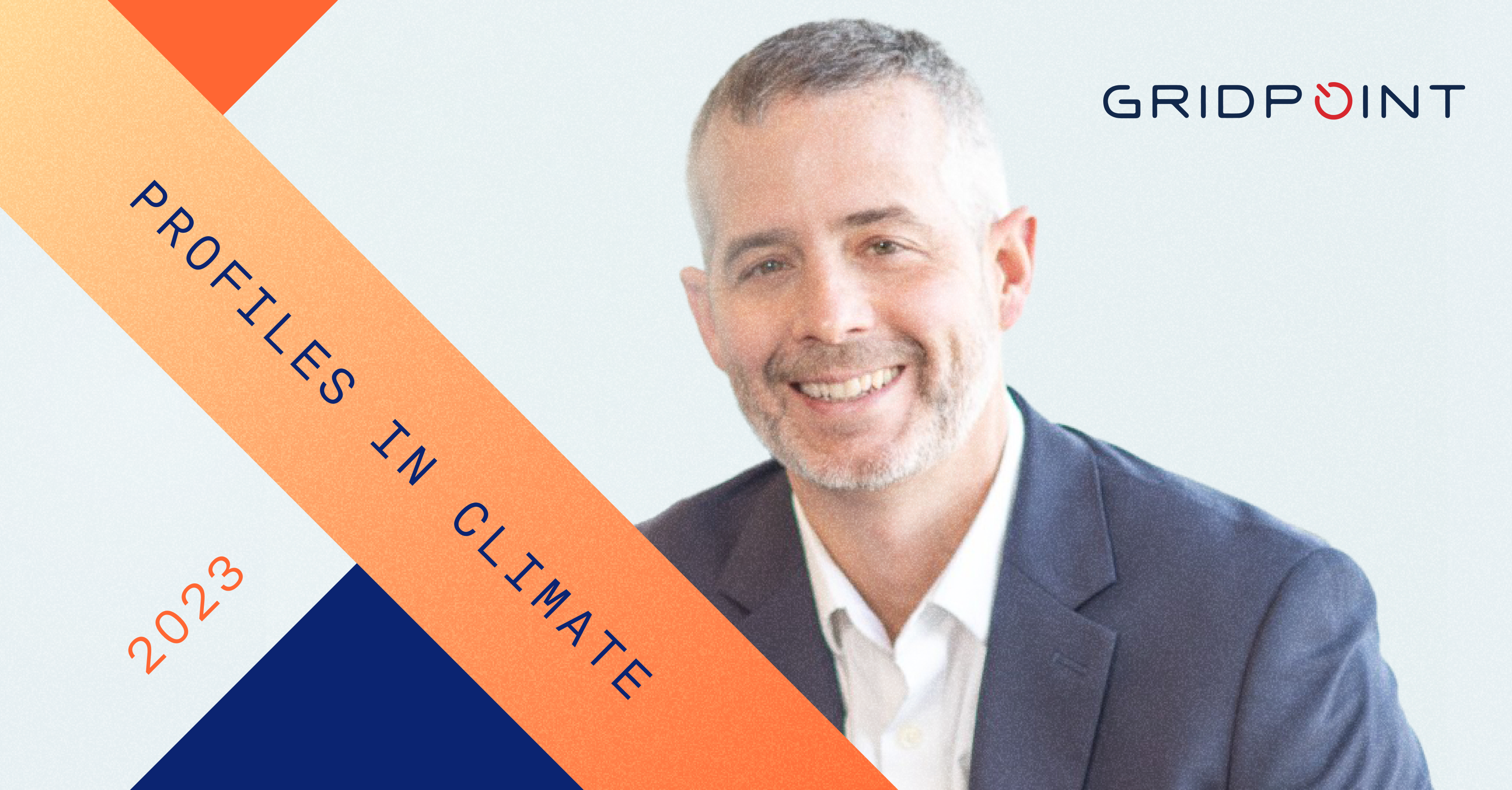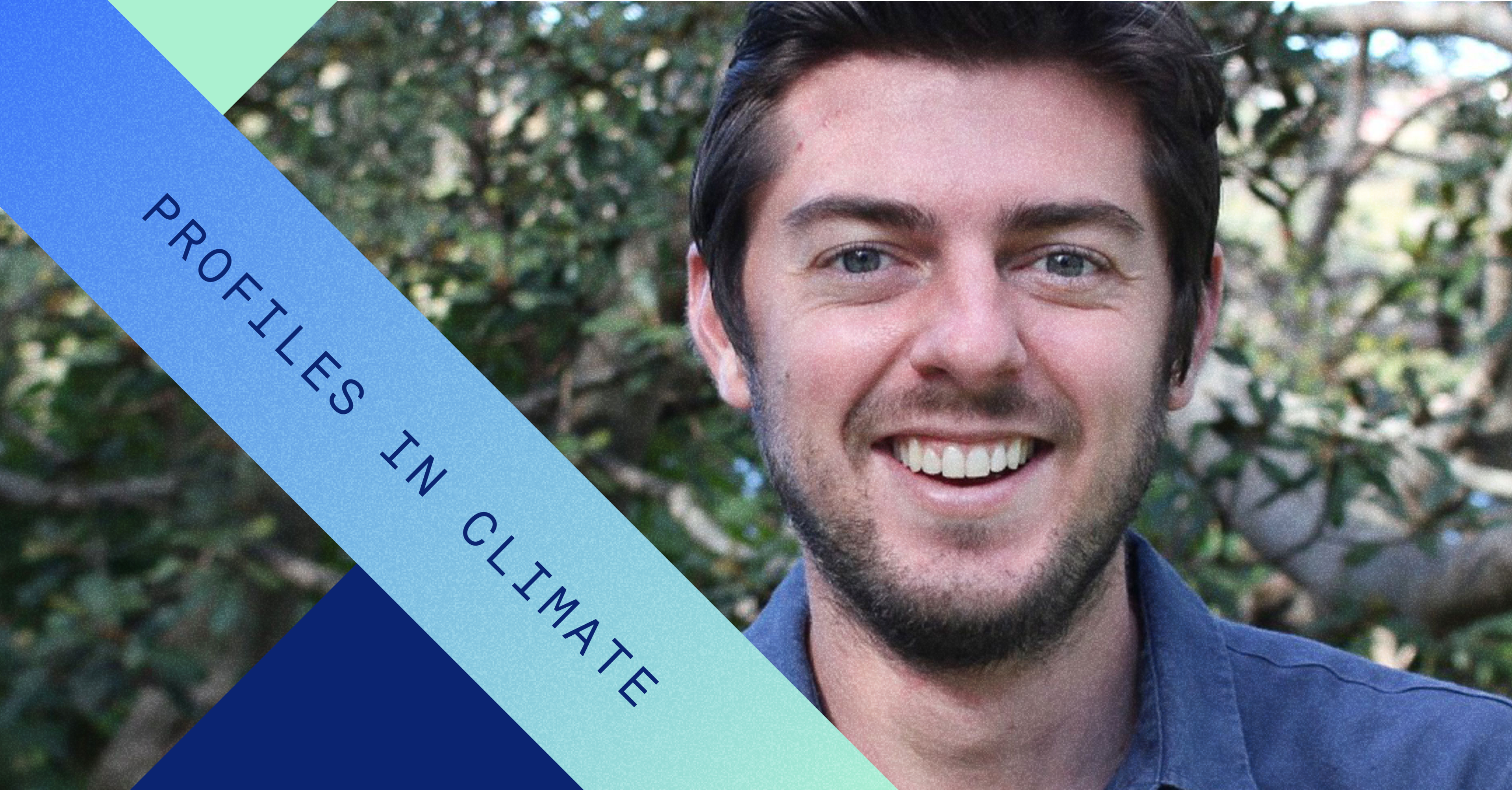Neha Shah is Senior Counsel at Samsara. Samsara is the pioneer of the Connected Operations™ Cloud, which is a system of record that enables organizations that depend on physical operations to harness Internet of Things (IoT) data to develop actionable insights and improve their operations. The company's mission is to increase the safety, efficiency, and sustainability of the operations that power the global economy.
How does climate work factor into your role?
I was first drawn to Samsara in part because sustainability is a core part of the mission. I’ve focused on a broad range of legal areas at Samsara, including inclusion, diversity, and equity (ID&E), commercial contracts, and corporate governance. Given my interest and background in sustainability, I had an opportunity to specialize in Environmental, Social, and Governance (ESG) work. My role now includes working with different stakeholders to get everyone aligned on how we are embracing and promoting the corporate opportunity around sustainability.
Why is climate work important to Samsara?
Our products help companies achieve their own sustainability goals by giving them better insight into their operations. It’s important that we live our mission and minimize our own footprint since we are a part of the supply chain and operational footprint of all our customers. To demonstrate our commitment, we’ve set a goal to be net zero by 2040 and we’ll be submitting to the Science-Based Targets initiative later this year.
“It’s important that we live our mission and minimize our own footprint since we are a part of the supply chain and operational footprint of all our customers.”
Neha Shah
Where do you go to learn more about climate or hear the latest news?
I like the ESG Insider podcast, and I always appreciate the GreenBiz webcasts to hear what other companies are doing in this space.
What advice do you have for others who want to drive change within their companies?
You have to really understand the business you’re in to know what actions are going to be most impactful. For me, that means being in close collaboration with our operations and supply chain teams, because those are areas where we can have the biggest impact on our emissions.
Also, talk to ESG leaders or people working on sustainability at other companies to see what they are prioritizing. Corporate climate work is such a new space, so it’s nice to be reminded that so many others are in a similar position and trying to determine how to have the most impact. We're at this pivotal moment—there's going to be a lot more regulation in this space, and we take this work seriously. Hearing from others motivates me to want to stay best in class.







